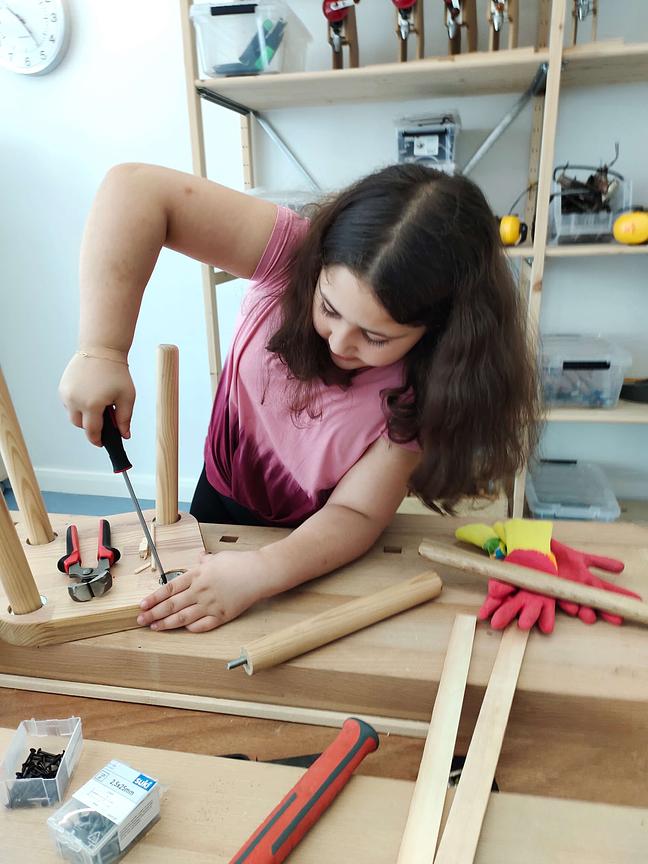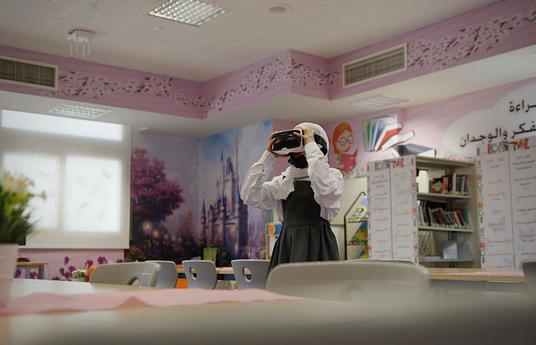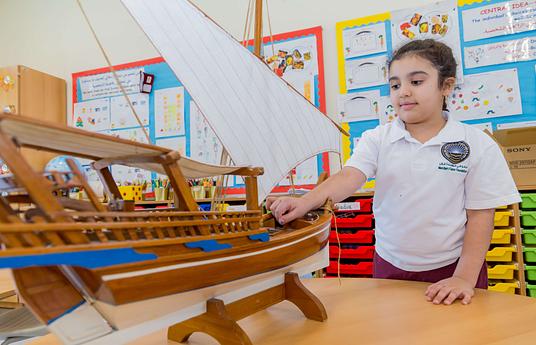What is the problem we are addressing?
Coercive approaches to teaching and learning limit the chances of the child’s growth into his or her full potential. In a world hungry for innovation and creativity to address its problems, we want educational systems that unlock potential rather than limit it.
What is our solution?
Quests in Academyati are vehicles for nudging children’s self-led learning. Respecting and nurturing student agency is key in discovering inner gifts and developing them. In Academyati School, free-play is an essential part of learning. In this initiative, students spend the first part of the session enjoying free-play. After that, different quests are presented to them and they have to choose a quest that might engage them for that day or more.
An overview of our impact
Authors Thaler and Sunstein define nudging as any aspect of the choice architecture that alters people’s behavior in a predictable way without forbidding any options. Therefore, nudges are not mandates. They are all about the architecture of choice. A common architecture is deliberately placing the desired behavior as the default choice. For example, putting fruits within reach for the child as opposed to unhealthy alternatives, counts as a nudge.
Our quests do just that. They can be either planned or improvised. The planned quests emerge from collaborators’ deep knowledge of what the children are interested in. The improvised quests are quests started by children's spontaneous interests in a particular thing or topic and explored with them in the moment using the rich variety of resources available in the school.
A spontaneous quest might develop into a planned quest in the future and may engage more children than those who started it. If it continues for longer periods of time (e.g. weeks) it becomes an overarching quest that usually ends up with a reasonably visible outcome such as a gallery, a show, a performance...etc. In short, a quest is like a journey in a child’s mind.
What are our future goals?
We want our children to grow as ethical creators that are empowered to bring positive change to their world. Naturally, the next step for us is to include more age groups into our school to have wider impact. That entails exploring what quests will look like for older learners.
How can someone else implement it?
Quests can be implemented by empowering children by listening to them and trusting their journey.
Teachers need to have humility and trust. We must be humble to accept the fact that children have the agency to be engaged in what interests them the most at school. In addition, it is very important to trust that children will make good choices for their learning and they ask for help and support when they need to. This trust needs to be genuine and authentic on part of educators. When it is so, it will trickle down to the learners and will tremendously empower them to make sound choices and better decisions.



